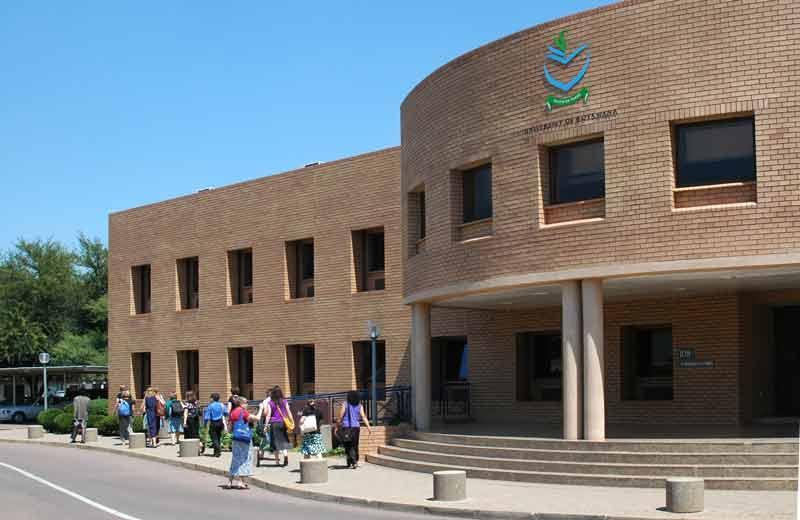Africa-Press – Botswana. Knowledge institutions such as universities and other tertiary organisations have been encouraged to not only educate, but also to monitor and evaluate the impact of their programmes on community living standards.
Failure to do so, director of Outreach and Engagement at Botswana University of Science and Technology, Dr Haniso Motlhabane, said could render them irrelevant.
Dr Motlhabane said this during a four-day Sustainable Livelihoods Approach (SLA) workshop organised by the North East District Council for its social and community development officers in Tatisiding.
He argued that beyond educating students and producing academic research, knowledge institutions should be involved in communities to ensure the practical application of their teachings.
Furthermore, Dr Motlhabane, who was addressing social and community development officers, highlighted their significant role in promoting socio-economic advancement in Botswana.
Their role in community development, he said was not just a job, but a calling.
Therefore, he urged them to recognise their importance in promoting sustainable livelihoods and community development in the communities they serve.
Dr Motlhabane, who defined development as a managed change aimed at fostering growth, further urged the officers to leverage local assets and resources in their communities, such as dams and heritage sites.
With the backdrop of a global landscape dominated by rapidly advancing technology, he called upon participants to consider what could drive economic transformation through science and technology in their respective areas.
He also encouraged them to adopt an innovative mindset.
He reminded the officers that while they played a critical role in community development, they should recognise that community members themselves were experts in their own contexts.
However, he cautioned that numerous obstacles hindered development, including legal issues, policy misalignment, insufficient knowledge or skills for enacting change, inferiority complexes, and a lack of intrinsic motivation.
For his part, North East District Council, acting chief community development officer, Mr Moitshepi Dibotlhale emphasised that social and community development officers should see themselves as change agents, rather than simply following the crowd.
He stressed that these officers should never allow themselves to be swayed by community norms that were contrary to their code of conduct.
Mr Dibotlhale cited an example of an officer who was assigned to a settlement where excessive alcohol consumption was prevalent, and the officer ended up participating in the behaviour.
He emphasised that such behaviour was unacceptable and could not be condoned, as it undermined the officer’s role and the integrity of the community development profession.
He urged social and community development officers to maintain their professional integrity and remained committed to their role as agents of positive change in the communities they served.
For More News And Analysis About Botswana Follow Africa-Press






